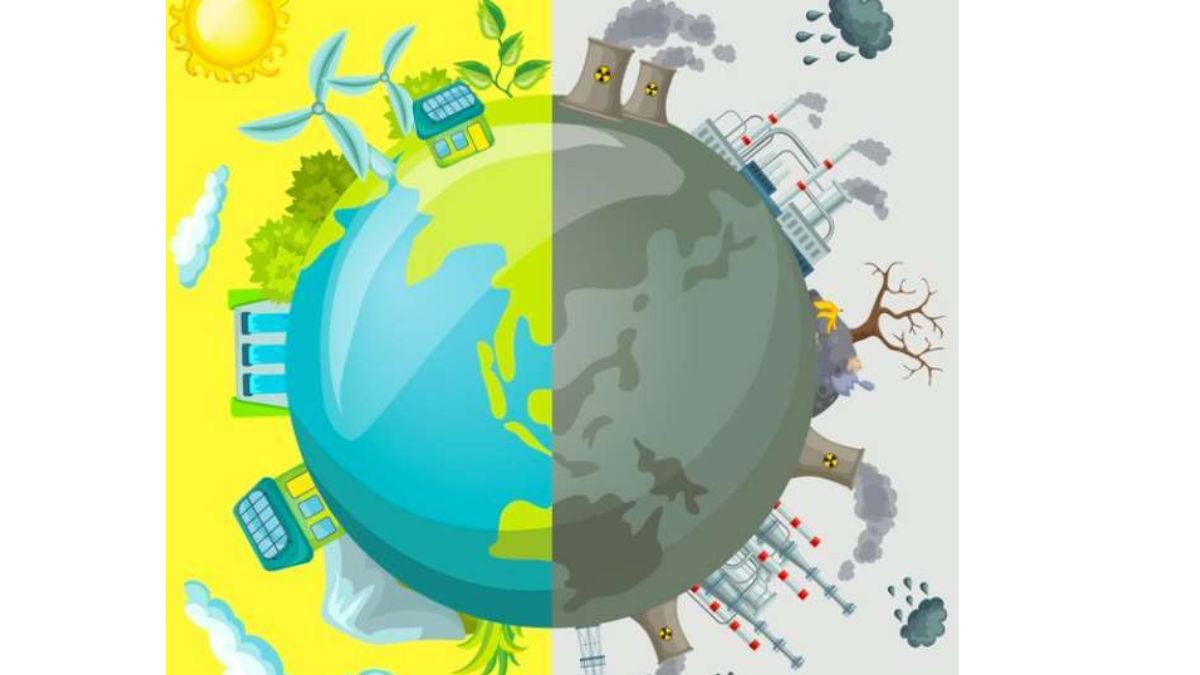
Pollution prevention is a strategy that may be used by any size or type of company to protect the environment, boost efficiency, and save money. The classic adage "an ounce of prevention is worth a pound of cure" captures it in its most basic form. Water and energy conservation, "green" shopping, efficient raw material use, replacing hazardous items with less hazardous ones, and altering processes to reduce waste and pollution are all examples of pollution prevention. Businesses can profit from pollution prevention in a variety of ways, including financial gain, regulatory compliance, improved public image and marketing, decreased liability, and environmental benefits. It may decrease or eliminate pollution and inefficiencies in any firm by implementing a pollution prevention strategy. Here are some reasons were discussed why need the pollution prevention:
Reduced operating costs: Most businesses produce garbage in all facets of their business. Reduced prices for purchasing raw materials and manufacturing lines because of increased productivity from streamlining procedures or eliminating pointless steps can both result in operational cost reductions. Keep in mind that waste and pollution begin as acquired raw materials in any factories.
Resource conservation: The inefficient use and waste of resources cost companies (as well as society) money. Using energy and resources more efficiently can lower energy and water fees.
Improved worker safety: The expenses of working in an unhealthy and unsafe environment can be enormous. Poor environmental practices can lead to higher health-care expenditures, accidents, sick leave, disability, greater worker risk, and lost productivity. Pollution control benefits businesses by creating a safer working environment and increasing employee morale and productivity.
Reduced compliance requirements: Factories that employ chemicals in their operations typically have more compliance requirements for things like waste management, reporting, and permits. A factory can frequently decrease these needs and actions by incorporating pollution prevention into its operations. By employing pollution prevention measures, businesses can potentially avoid paying civil and criminal penalties while reducing their environmental risk and future corporate and personal liability. Reduced likelihood of leaks, disturbances, or accidents involving harmful substances or pollutants can result from pollution prevention activities.
Increased environmental protection: In general, companies with good environmental practices help to lessen environmental risks and impacts while improving environmental protection. This can be done by minimizing or avoiding the production of pollutants, reducing flows of liquid effluents to sewers and waterways, reducing emissions of greenhouse gases and other air pollutants, decreasing demand for landfill space, reducing use of toxic substances, conserving natural resources, reducing damage to wildlife and habitats, extending the life of non-renewable resources, and decreasing the amount of waste that needs to be disposed of.
Enhanced public image: The public has a growing concern for the environment and its quality. Consumers view more favorably businesses that adopt and practice sustainable business strategies. Public image and marketing advantages can be obtained by promoting an environmentally conscious reputation. However, pollution prevention is beneficial for any business because it improves relations with a wide range of stakeholders - contractors, suppliers, neighboring community.
Share this page via

